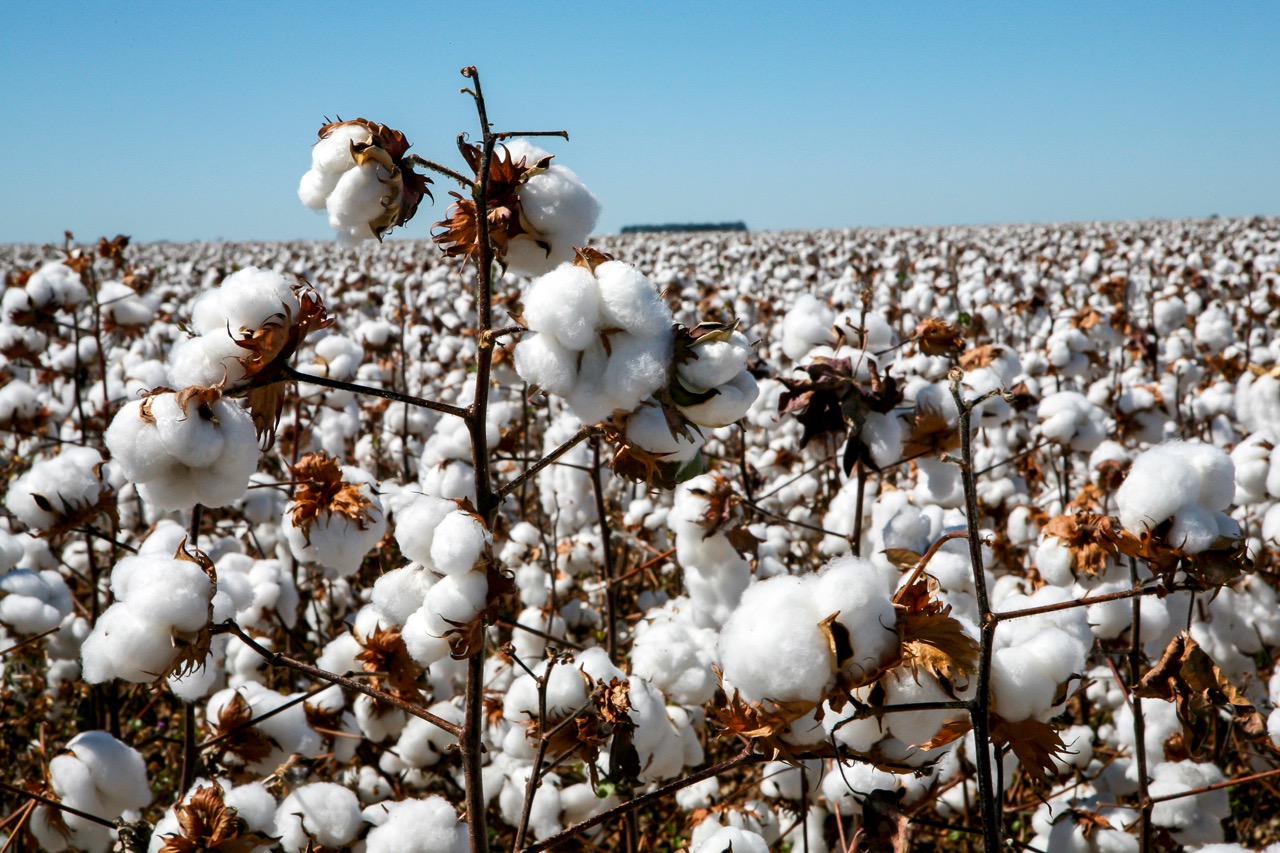CottonCycle: Transforming Brazilian cotton by-products into climate-smart aquafeeds for tilapia farming in Nigeria

Project
CottonCycle: Transforming Brazilian cotton by-products into climate-smart aquafeeds for tilapia farming in Nigeria
Location
Nigeria
Theme
Aquaculture
Funding
Travel Grant
Developing sustainable aquafeeds from cotton processing by-products
Project Partners: Aquapro Agro Industries and Pontus Research
Tilapia is one of the most widely farmed fish species in Africa, yet its production is increasingly constrained by the rising cost and environmental footprint of conventional aquafeeds. At the same time, Brazil, one of the world’s largest cotton producers, generates vast quantities of agricultural by-products, including cottonseed meal and oil cake, much of which is underutilised or discarded.
This project brings together partners from the UK, Brazil, and Nigeria to develop a circular, climate-smart solution: converting cotton processing by-products into safe, affordable, and sustainable aquafeeds for tilapia farming. The project will begin by sourcing and characterising Brazilian cotton by-products to assess their nutritional potential and address safety concerns such as gossypol content. This phase will be led by the Brazilian partner with deep industry expertise, critical for navigating the technical and processing challenges involved in transforming these residues into digestible feed ingredients.
Meeting species-specific nutritional requirements
The novel ingredients will then be used to formulate a series of experimental tilapia feeds designed to meet species-specific nutritional requirements. Feed manufacture will be undertaken by the UK team, ensuring quality control while integrating sustainability, cost-efficiency, and local relevance into the formulations. The experimental feeds will be evaluated through comprehensive in vivo trials in both controlled RAS systems in the UK and on-farm trials in Nigeria, assessing fish growth, health, feed conversion, and environmental performance under real-world conditions, Crucial evidence will be generated to de-risk future commercialisation, while the partnership model ensures that innovation is globally relevant, scalable, and market-driven.
This project is driven by a clear, business-led motivation: to develop cost-effective, sustainable, and locally sourced aquafeed solutions that reduce reliance on imported fishmeal and soy—both of which are subject to significant price volatility and environmental concerns.
This is a business-led project tackling a clear commercial challenge: the lack of affordable, locally sourced, sustainable feed ingredients. It offers dual value—reducing feed costs for farmers while creating new income streams for cotton processors. In Nigeria, it supports national priorities, including the Cotton, Textile and Garment (CTG) Revival Fund, which seeks to revitalise the cotton sector and stimulate integrated rural economies. Aligned with climate-smart agriculture, the project reduces aquafeed emissions, enhances resource efficiency, and boosts food system resilience. By fostering collaboration between UK feed innovators, Brazilian processors, and Nigerian farmers, CottonCycle demonstrates how waste from one sector can become a valuable resource in another—delivering commercial impact while addressing urgent environmental and food security challenges.
For more information
For more information on this project, contact us, or view all projects funded under the Climate-Smart Agriculture Partnership programme.
Innovate UK Climate-Smart Agriculture Partnership: UK-Brazil-Africa brings together innovative people and organisations to promote climate-smart agriculture in Africa.

